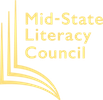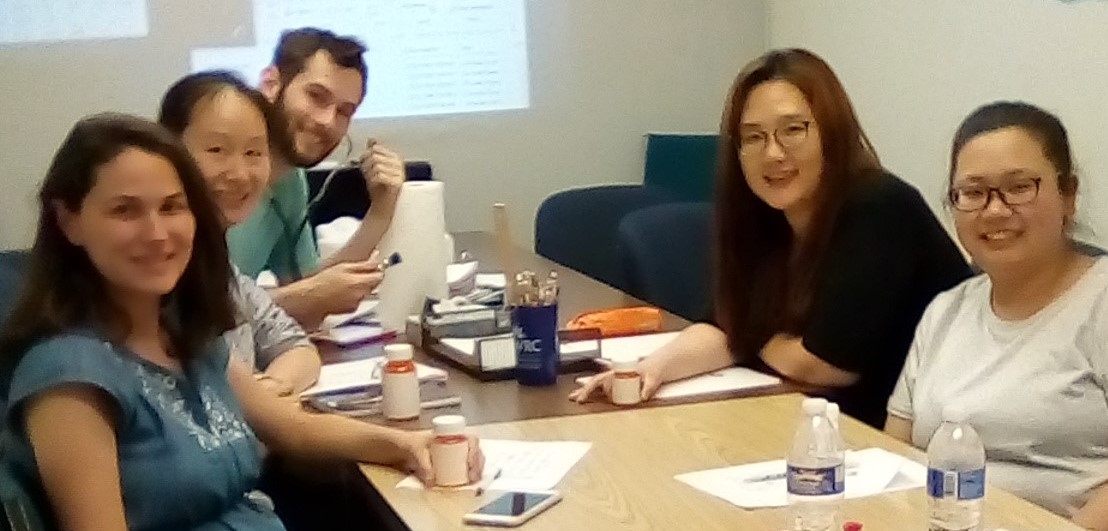Every Tuesday and Thursday over the past winter, a group of 15 adult learners of English filled a classroom at Mid-State Literacy Council. What class was so popular? English for Doctor Visits, a mainstay in the curriculum and one that all students, from beginner to advanced, benefit from as they acclimate to their new home and life in the US. It teaches students the vocabulary, facts, and cultural know-how they need to navigate the US healthcare system and take care of themselves and their family members. The course covers the most practical and immediate needs of learners first: types of doctors, how to make an appointment, describe symptoms, and get medications. It then delves into equally important wellness topics, including heart disease, nutrition, stress, mental health, dental and eye health, and even Lyme Disease.
Students are resoundingly enthusiastic about the benefits of the class. In this video, one student describes what she learned and how it has helped her in her everyday life.
Other students describe their newfound abilities and knowledge:
I did not know how to explain my feelings about my body’s problems. And now I know how to speak with the Dr., nurse, pharmacist and people [at the] hospital
I learned something new…Healthy diet. How to protect myself when I meet harm…medicine facts
I can go to see the doctor by myself… It’s really helpful. Thank you all!
The class also gives students an opportunity to meet people in the community who can provide help. At the start of the semester, guest speaker Elaina Seto, a Registered Nurse, provided an important lesson on health insurance, a top pick among students when asked what topics they were most concerned about. Representatives from Centre Safe and Centre Helps introduced essential services to students, and even took students on a guided tour of the local police department and Centre Safe shelter. Additionally, a local eye doctor, Jessica Young, took time to talk with students and address their questions about eye health. “Many people and organizations can help us when we are in need,” noted one participant in the class.
The impact doesn’t stop there. Learners also shared with their family and friends and used their new skills to help others. ” My friend needed to make an appointment confirmation; I helped her to finish that… The best part is that I can help other people who need help.”
Health literacy is integrated in more ways than this. Another class, Women’s Health, allows women to learn about taking care of their bodies and specific illnesses and health concerns that affect them, while learning English simultaneously. For students who are receiving one-to-one tutoring, a women’s health curriculum developed by Literacy Coordinator Karen Loerch equips both English-as-a-second-language and basic literacy learners to understand information related to the care they receive, giving them the power and voice to make choices and be proactive about their health.
Another initiative, raising awareness about the Drug Take Back program in our community, has been implemented in coordination with a campaign to combat the opioid crisis in our midst. Both students and volunteer tutors have received information about the location of household prescription and over-the-counter medication drop-off locations, and how to deliver their expired and leftover medications to these secure spots.
The positive effects of these efforts are evident when students feel more confident at their next checkup or trip to the dentist, when they can read the instructions and side effects on a medicine bottle, and when they choose which foods to buy on their weekly shopping trip. Beyond this short-term benefit, they also understand more about their health overall and how to communicate with their healthcare providers to make better choices.



